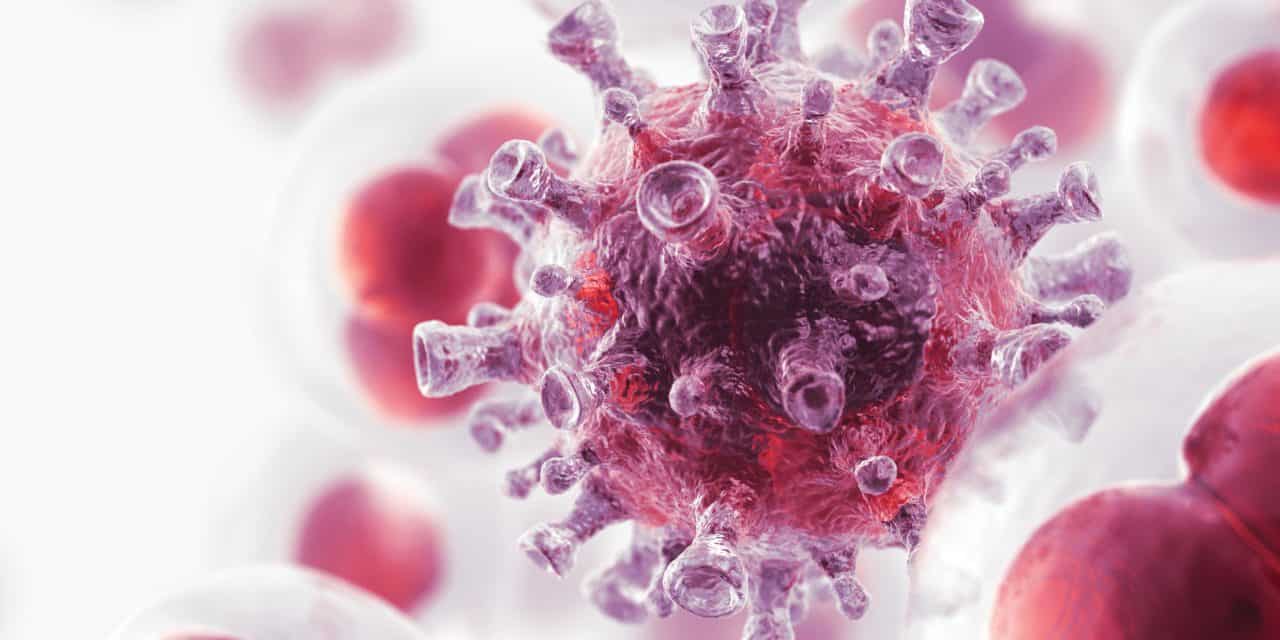There is significant variability in the expression of cancer-related fatigue. Understanding the factors that account for this variation provide insight into the underlying mechanisms. One important, but often overlooked, variable is biological sex. While a few clinical studies have indicated that female patients report higher levels of fatigue, these studies are subject to potential socio-culture reporting biases. Only a limited number of preclinical studies have considered sex differences in animal model of fatigue and few have simultaneously considered both disease- and treatment-related factors. The present series of studies was initiated to address the current knowledge gap on the importance of sex differences in cancer-related fatigue. We selected a murine model of human papilloma virus-positive head and neck cancer based on heterotypic injection of the mEERL95 cell line that grows in both male and female mice and responds to a regimen of cisplatin plus irradiation. We also tested the impact of immunotherapy treatment targeting PD1. Voluntary wheel running was used to evaluate fatigue-like behavior. Male mice grew larger tumors than did female mice and showed more severe fatigue-like behavior. We confirmed that the tumor increased the expression of inflammatory cytokines in the liver, but no sex differences were observed. As a trend toward elevated Cd3 mRNA was observed in female mice, we tested the importance of T cells using female Rag2-/- mice. The Rag2-/- female mice had accelerated tumor growth and more severe fatigue-like behavior. In response to cisplatin alone non-tumor-bearing female mice showed a slower recovery of wheel running activity compared to males. However, in response to chemoradiation and anti-PD1 neutralizing antibody, tumor-bearing female mice showed a better tumor response to therapy than male mice, but no significant sex differences were observed for wheel running. These findings point to different mechanisms underlying tumor- and treatment-induced behavioral fatigue and indicate that the sex factor can intervene to modulate the expression of fatigue-like behavior in particular circumstances.Copyright © 2021. Published by Elsevier Inc.
Sex differences in the behavioral and immune responses of mice to tumor growth and cancer therapy.


